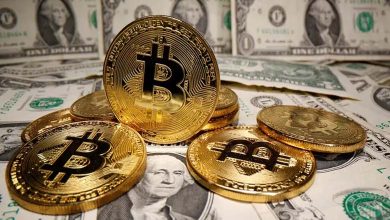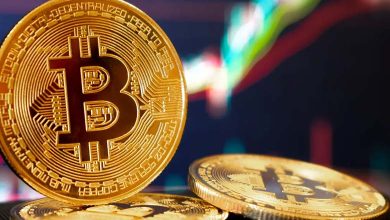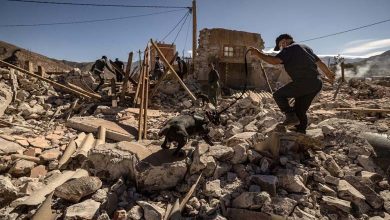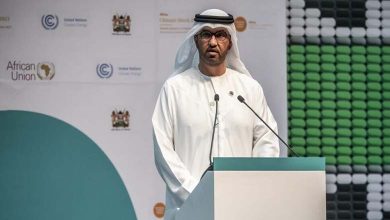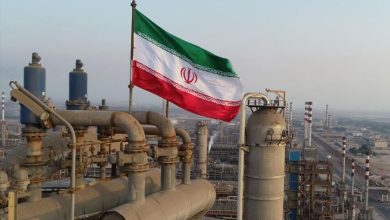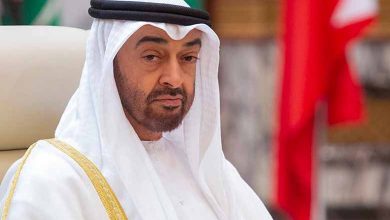Frightens the investors… Because of Erdogan’s policies, the economy of his country pays the high price

Turkish President Recep Tayyip Erdogan’s foreign policy has increased since 2016, has created a gap between Ankara and its Western allies and disrupted the economic situation in his country. However, analysts doubt that Erdogan would change his approach.
Erdogan is currently facing accusations from his opponents because he has adopted aggressive diplomacy to mobilize his nationalist Islamist electoral base, amid economic difficulties that are ruining his popularity. Nevertheless, the Turkish government confirms that it defends the country’s interests in a region that suffers from instability and in the face of opposing forces such as the United Arab Emirates and Egypt.
With the amplification of the economic crisis, Erdogan has shown in recent days calm positions towards Europe, affirming that Turkey’s future is inseparable from the old continent’s future. While in reality, the Ankara operations, which deploy forces in various regions from Libya to Syria, passing via the eastern Mediterranean, provoke anger to the West.
If these demonstrations of force are popular in Turkey, they may push aside possible investors while Turkey is currently in need of external funds. On his part, the Edam research center director in Istanbul, Sinan Ulgen, showed that Erdogan’s foreign policy had led to a stressed relationship between Turkey and its main economic partners, the European Union and the United States.
Threat of imposing sanctions
One of the main issues causing conflict between Ankara and the European Union is Turkey’s unilateral gas investigation operations in disputed areas with Greece and Cyprus in the eastern Mediterranean. Besides, Brussels has threatened to impose sanctions if Ankara continues on this way. Therefore this question would be a principal subject of a European summit on December 10 and 11.
It seems that the threat of European sanctions could lead the Turkish economy into the hole, and the failure of US President Donald Trump, with whom Erdogan had a personal relationship, in the presidential elections, persuaded the Turkish president to return from his severe expressions in his statements in recent weeks.
To show his attachment to Europe, Erdogan assured in early November to carry out judicial reforms to enhance the state of law, with seeking to reassure investors. But, Democrat Joe Biden’s victory in the US presidential election could create new problems for Ankara, subject to US sanctions for its purchase of Russian S-400 missile systems.
Moreover, Greece and Egypt want that Washington make more effort on the Eastern Mediterranean to stop Turkish activities that did not appear to worry Trump. Anthony Skinner of consultancy council Verisk Maplecroft indicated that Turkey-U.S ties may reach a new low in 2021.
Growing risks
Sinem Adar, from the Center for Applied Studies on Turkey in Berlin, explained that after the 2016 coup attempt, Erdogan felt that the Western partners had abandoned Ankara. She also added that the Turkish president thinks that he can no longer trust Europe and the United States to strengthen Turkey’s security, which pushed him to carry out his unilateral actions.
In recent years, Turkey has spent hundreds of millions of euros to develop its military capabilities, which, according to Sinem Ader, is a factor making its growing hostility possible. However, this approach has led to a high price paid. In fact, the Turkish lira has lost about a quarter of its value versus the dollar since the start of the year, and diplomatic tensions have intensified, especially with France for a few months of its decline.
Ulgen stated that growing geopolitical risks are exerting pressure on the lira, which impacts the inflow of direct investment from abroad. These investments, particularly in Europe, and which contribute to employment creation, increased from 16 billion euros in 2007 to 7 billion in 2019, according to United Nations numbers.
Last year, German auto society Volkswagen suspended the decision to open a factory in Turkey, expressing anxiety about the military assault launched by Ankara on Kurdish fighters in northeastern Syria. The German society finally abandoned its project in July, officially claiming the spread of the Covid-19 pandemic.



